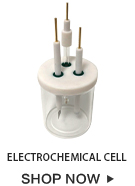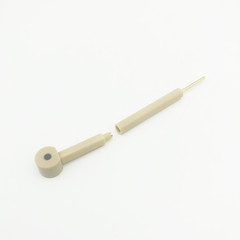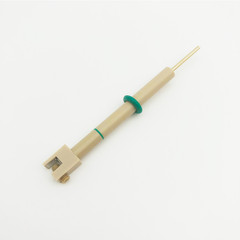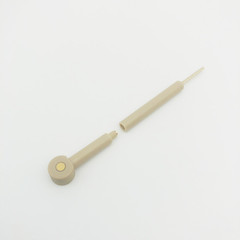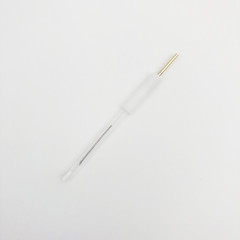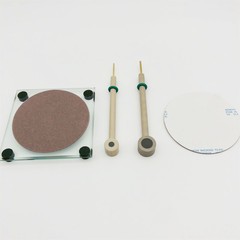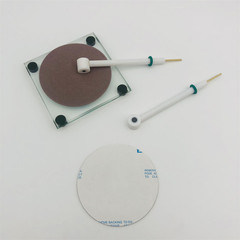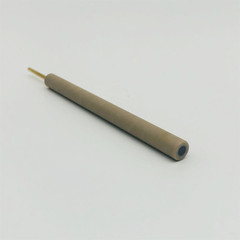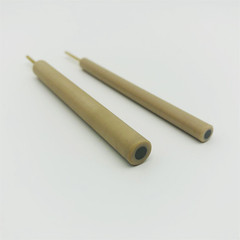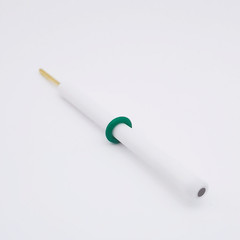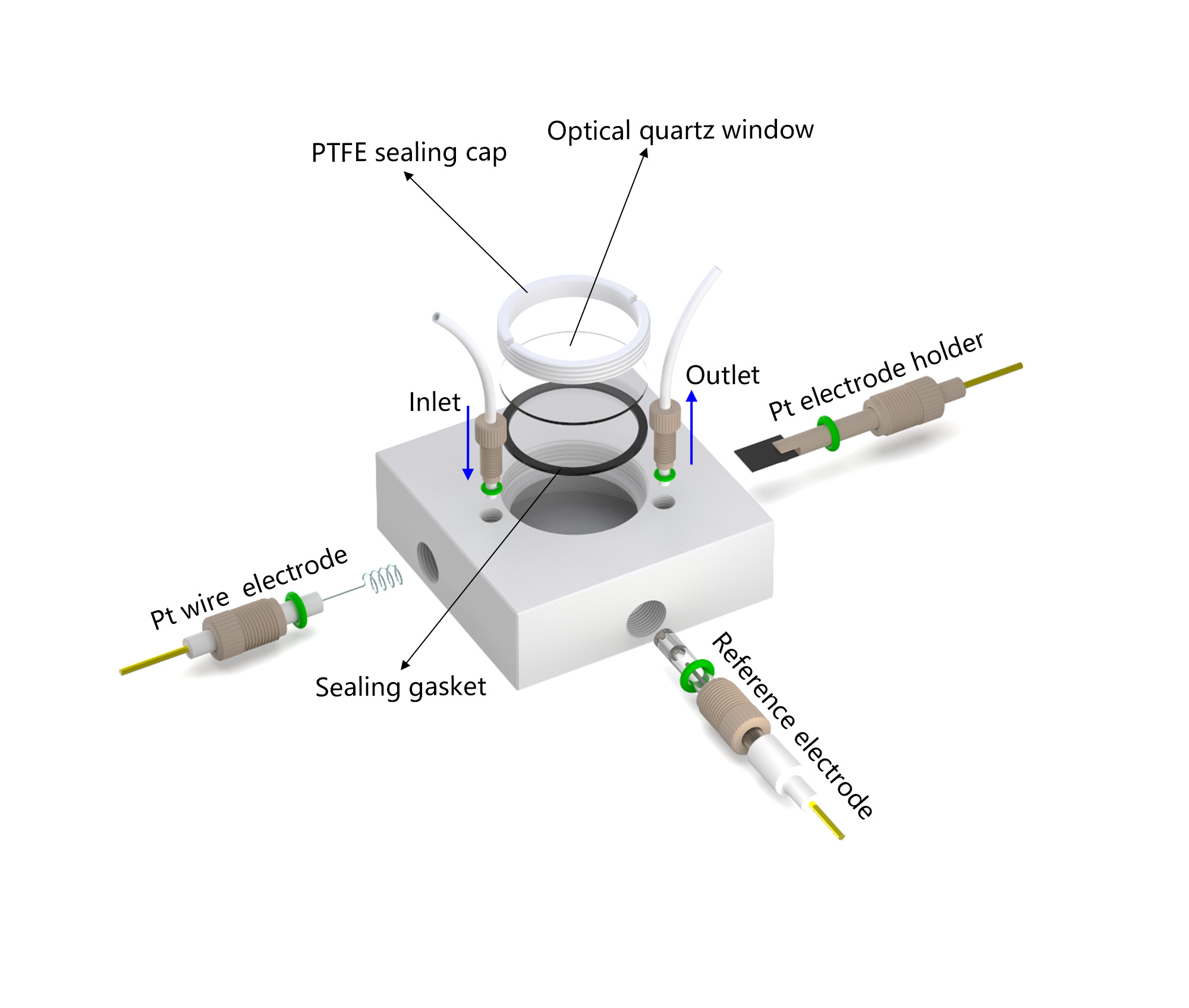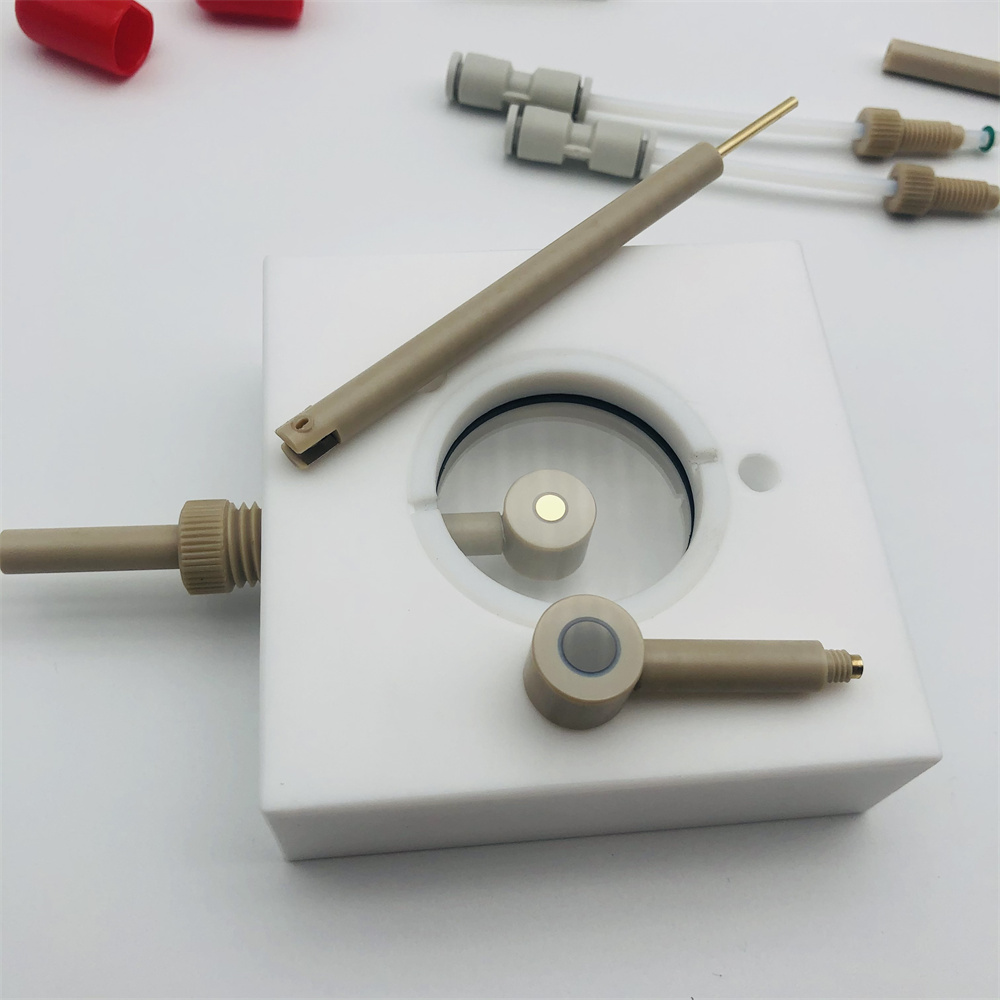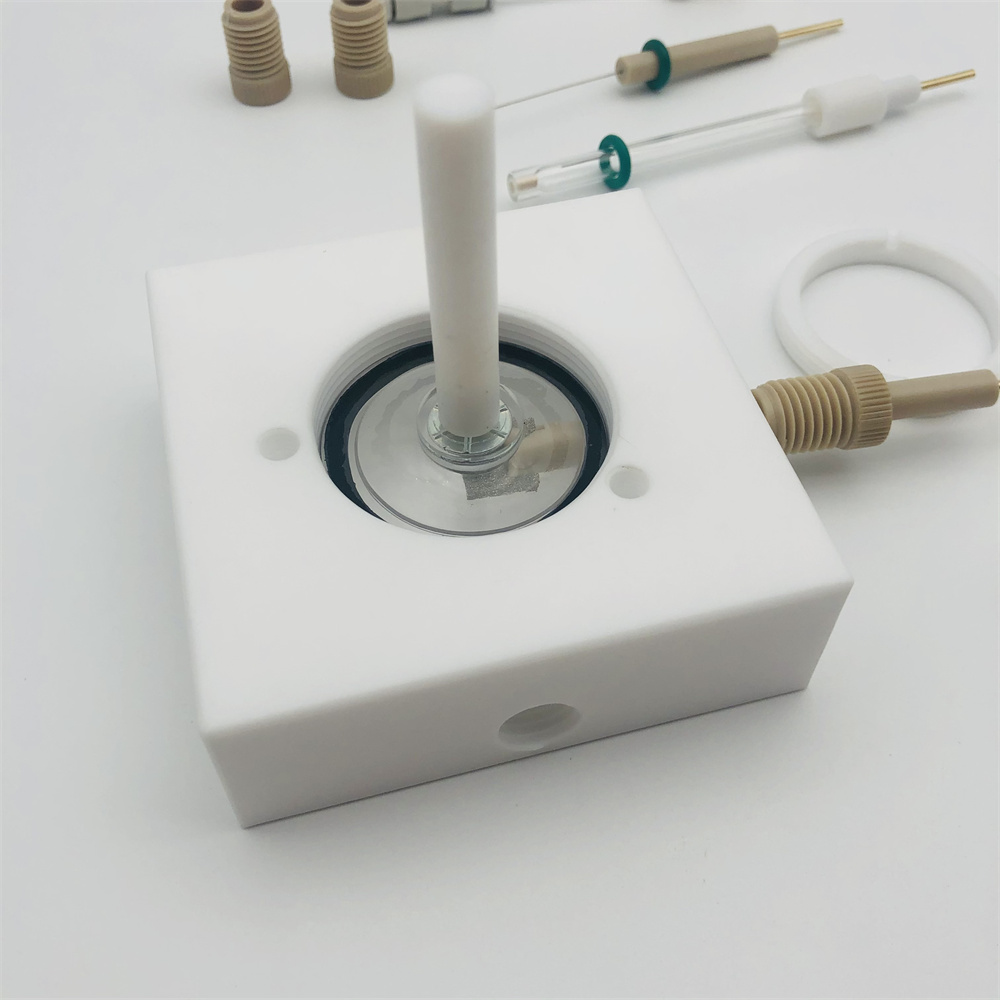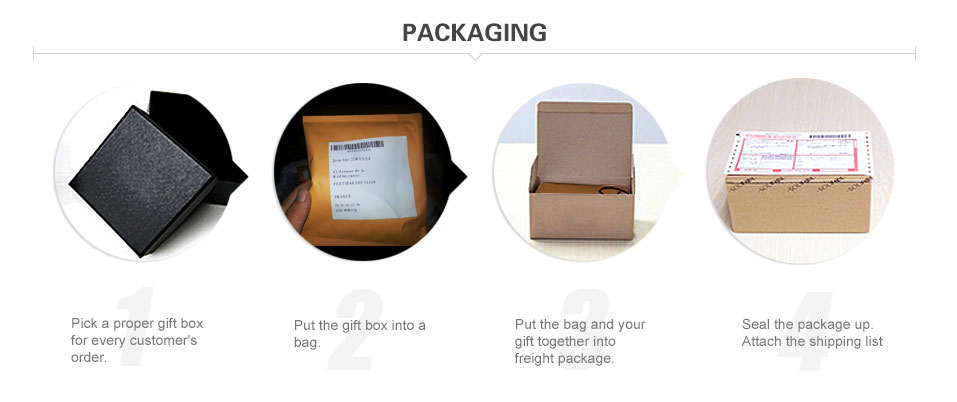Product Details
According to different experimental test requirements, the in-situ Raman spectroscopy electrochemical cell is divided into four types:
Single cell body with single light window type
Single cell body with double light window type
H type double cell body with single side light window type
H type double cell body with double side light window type
The single cell body with single light window type is the most widely used in-situ Raman characterization cell in DekResearch. It can be applied to HER, OER, ORR, CO2RR and other reaction tests.
characteristic:
1.The main body of the in-situ Raman pool is made of polytetrafluoroethylene material, which is made by meticulous crafting.
2.The size of the cell body is 80*80*27mm.The internal electrolyte solution part is a space of φ55*13mm, and the volume is 30ml.
3.The Raman cell is equipped with JGS2 quartz plate, the size of the quartz plate is φ41*1mm. The spectral application range of JGS2 optical quartz glass is 220-2500nm.
4.In addition to the three electrode holes, the Raman cell also has two small holes, which can be used to pass gas in and out or to circulate liquid in and out.
5.The Raman cell can be quickly assembled and disassembled, and it is easy to clean.
Customized requirements:
1.One Detachable L-Shaped Glassy Carbon Electrode Φ6mm
2.One Mercury Oxide Reference Electrode Hg/HgO Galss Rod Φ6*70mm
3.One Graphite Rod Counter Electrode Φ6*60mm
1.This is a customized item, we can't offer any refund or exchange. If you have any questions before purchasing, please feel free to communicate with us.
2.DekResearch's in-situ Raman spectroscopy electrochemical cell is basically suitable for various types of optical microscopes and Raman spectrometers in the world. When the focus distance of the instrument is different, please be sure to contact our technical team in advance.
Product Includes: 1 * PTFE cell 1 * Detachable L-Shaped Glassy Carbon Electrode Φ6mm 1 * Graphite Rod Counter Electrode Φ6*60mm 1 * Mercury Oxide Reference Electrode Hg/HgO Galss Rod Φ6*70mm 1 * suction cup 1 * Nylon hand screw accessories 1 * PTFE tube φ3mm 2 * φ3mm PU quick connect 5 * φ41*1mm quartz light window 8 * light window sealing fluorine rubber gasket 6 * electrode hole sealing screw 4 * gas hole sealing screw
References:
NEED HELP? CONTACT US
Call Toll-Free +1 (800) 972-7086
Email Us:
- Shipping
- Standard Shipping: 5-7 Business days
- DHL/Fedex Express Shipping: 2-5 Business days
PAYMENT
PRODUCT SHOW
Here are some photos, you can find the details from them, if you need more information, you can talk with us, we have many experts in dekresearch, and we are very happy to give you some support in your items!
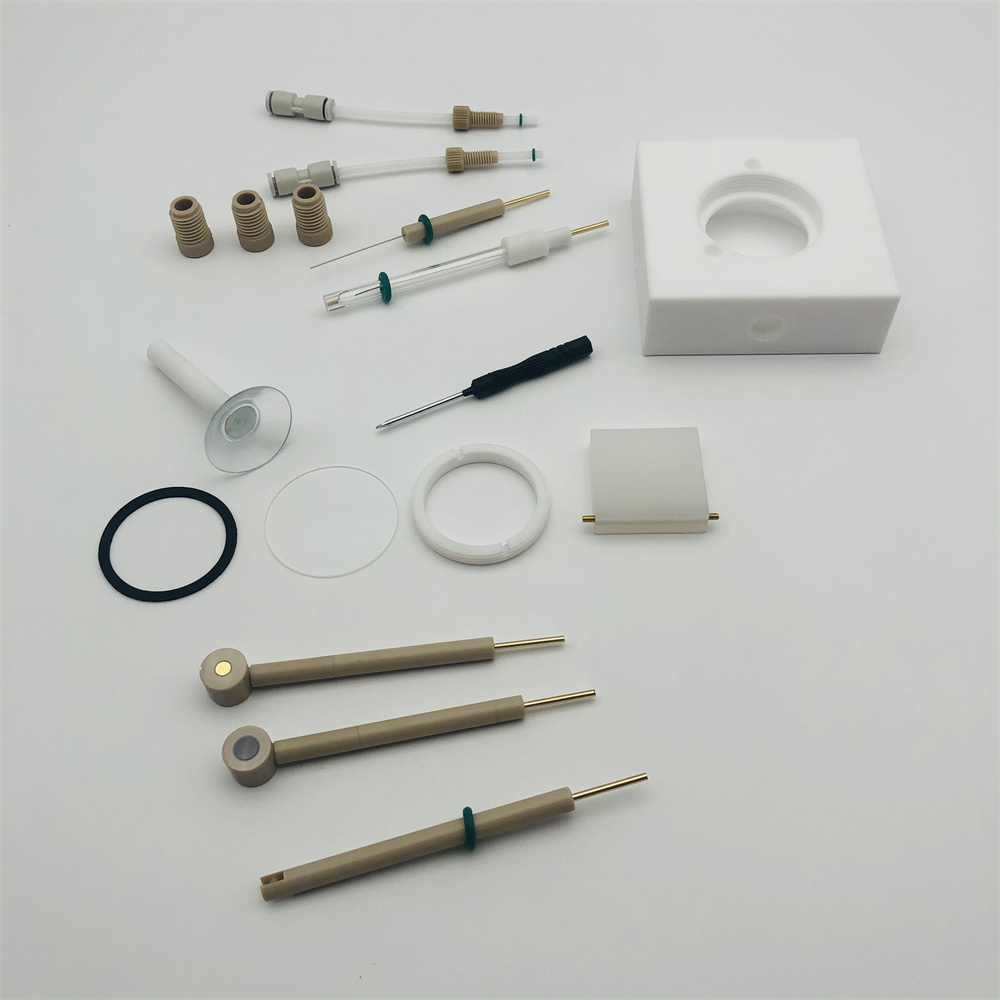
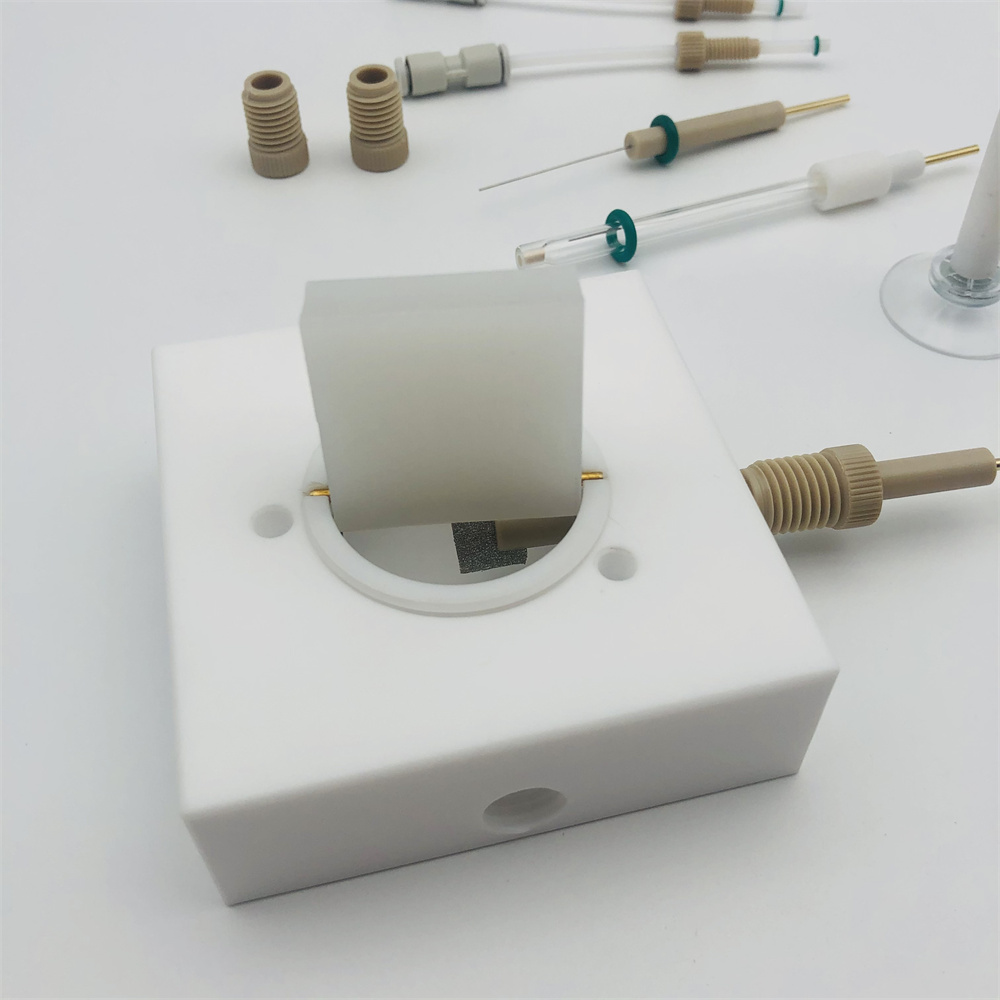
We devotes itself to providing laboratory instrumentation that enables simultaneous in-situ measurements of a number of signals (electrochemical, optical, thermal and other) on thin film and membrane materials. we have already gained so much experience in the field of electrochemical trading and our final goal is to offer our customers various kinds of laboratory instrumentation and at best price. We are gradually becoming one of the top instrumentation online shop throughout the world and we do hope we could make you outstanding by providing the real good stuff you want. Enjoy your shopping with us and have a nice day.

 United States (USD)
United States (USD) Canada (CAD)
Canada (CAD) Australia (AUD)
Australia (AUD) Singapore (SGD)
Singapore (SGD) New Zealand (NZD)
New Zealand (NZD) Ireland (EUR)
Ireland (EUR) India (INR)
India (INR)

